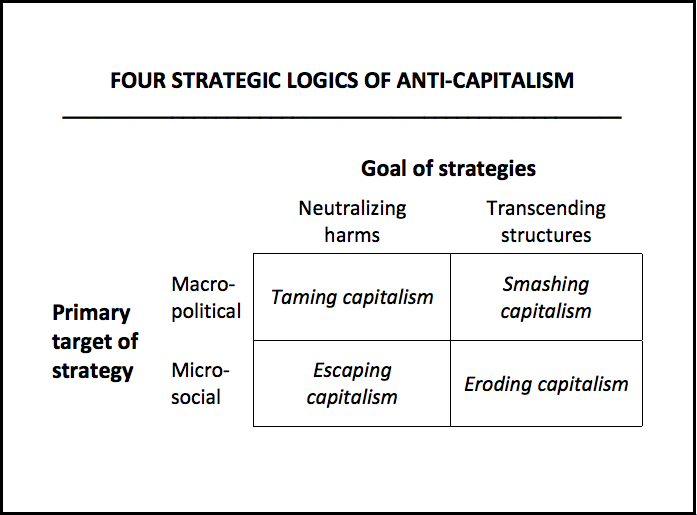As I’ve argued on my own blog, it seems likely [^1] that the global agreement on reached at COP21 in Paris will mark the turning point in efforts to stabilize the global climate. If so, it will mark the defeat of the right in one of the most bitterly contested arenas of their long-running culture war, and also one of the hardest to explain. There’s no obvious reason, apart from tribal hostility to “enviros” why this should have been a culture war battleground at all.[^2]
There was, by 1990 or so, a well developed literature on “free market environmentalism” which pushed the idea that environmental problems were the result of inadequate property rights, and that the solution was to create such rights: in this case, tradeable emissions permits. Environmentalists were generally hostile to the idea, preferring direct regulation. Eventually most environmental groups came around to the view that a carbon price was essential to solving the problem. Instead of claiming victory, the right opposed the idea ferociously and effectively, with the result that the policy outcome has included much more intrusive regulation, and much less reliance on markets, than would have been optimal. The oddity of a supposedly market-oriented government in Australia preferring “Direct Action” over price-based policies is by no means unusual.
Has the climate change culture war helped or harmed the right? The harm is obvious enough. The scientific and economic evidence on climate change is so clear cut that mounting a case against it requires a huge amount of willing gullibility (the fact that is labelled “scepticism” is one of the smaller ironies of the story). The result has been a big contribution to the lowering of intellectual standards that allows someone like Donald Trump to become a plausible candidate for the Republican nomination in the US.
The intellectual damage has been particularly severe for libertarians, who have traditionally thought of themselves as the smart, logical types, deriving their policy positions from rigorous deduction. As the case of climate change has shown, you can get any answer you want if you make up your own facts. Now, we have the sorry spectacle of self-described libertarians making the kinds of spurious claims, in relation to the health effects of wind power, that were once the province of the least credible environmentalists, and demanding the appointment of highly paid government regulators. At the turn of the century, libertarianism had a plausible case to be the way of the future. Now, as far as I can see, it has disappeared from view in the US and survives in Australia only because of the vagaries of the Senate electoral system.
Against that, the struggle to save the planet from dangerous climate change has chewed up a huge amount of energy and effort on the left. Arguably, that has distracted attention from economic issues, and allowed the steady rise of the 1 per cent to go unchallenged. That analysis fits with the widely held view that the culture wars are just a device to keep the rightwing base agitated enough to turn out, losing time after time, but still providing the votes needed to keep pro-rich politicians in office.
[^1]: A Republican win in 2016 would certainly be a major problem. But the momentum is such that it would probably not make much difference. Even if a Republican Administration weakened environmental standards, no one is going to build a new coal-fired power station in the US, knowing that it might have to shut down after the next election.
[^2]: There was, initially, some significant support from fossil fuel interests (notably Exxon) through bodies like the Global Climate Coalition. But that dropped off quite early as most big corporations worked out that they were better off changing their business models to incorporate renewables than fighting to save the old ways of doing things. For at least the last decade, the economic issues have been secondary – it’s all culture war all the time.


